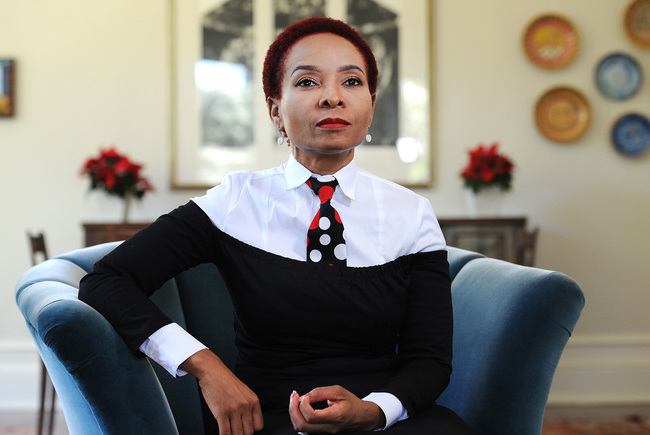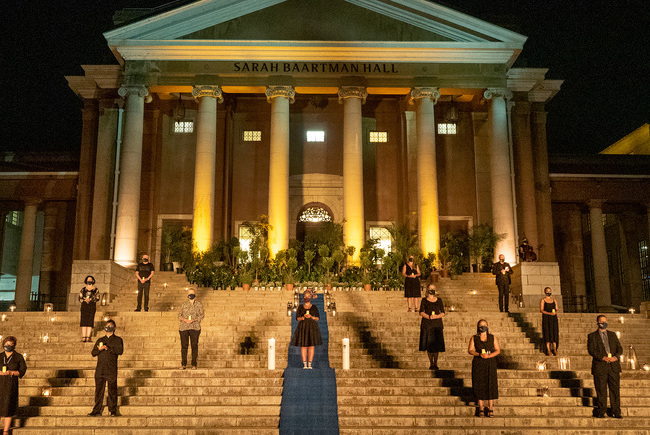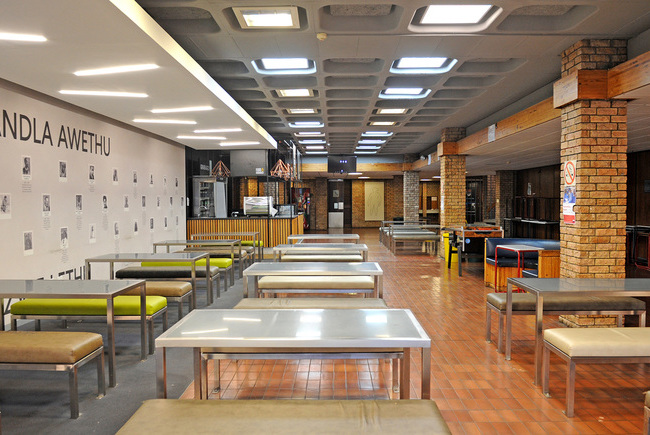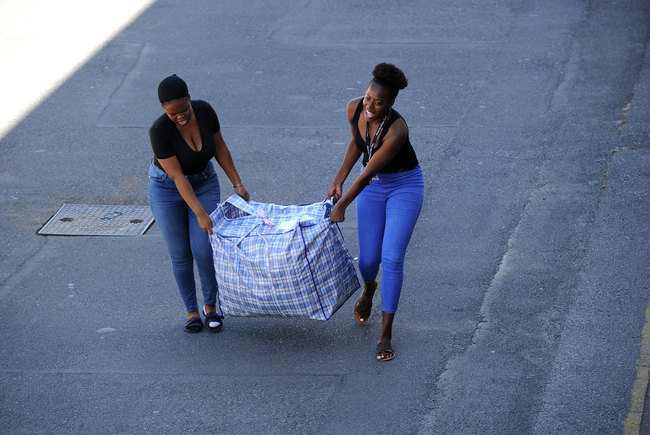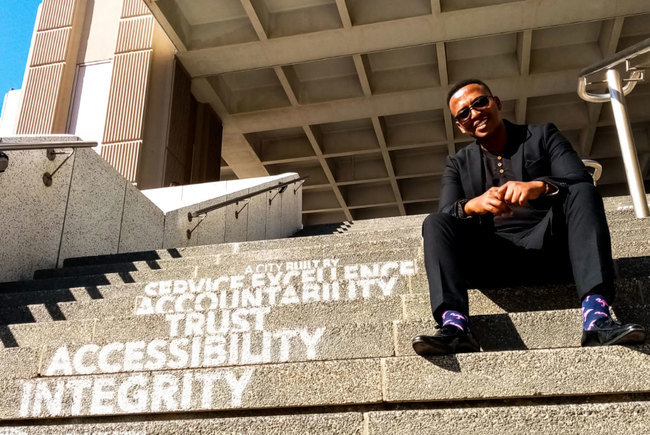New platform launched to explore the effects of COVID-19
02 April 2020 | Story Supplied. Photo Flickr. Read time 2 min.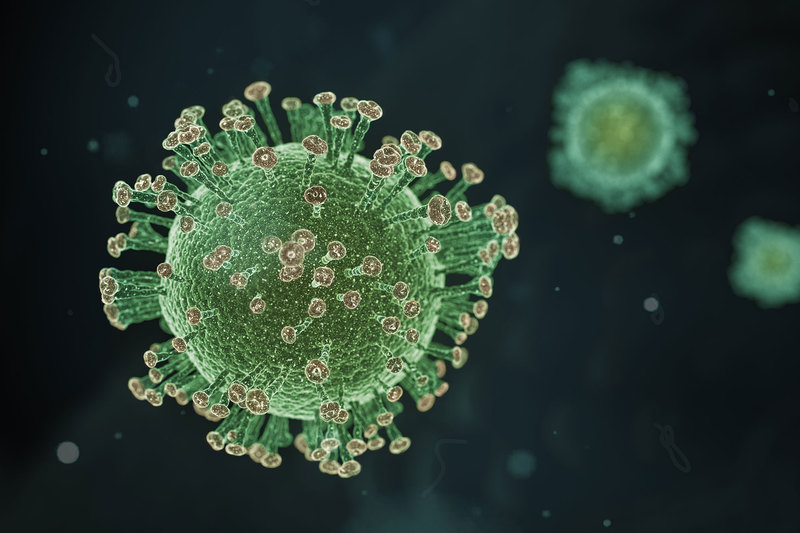
Engaged scholarship is needed to understand the socio-cultural, political and economic implications of COVID-19. The University of Cape Town’s (UCT) Institute for the Humanities in Africa (HUMA), along with international collaborators, has launched Corona Times, a space where engaged scholars from across the world offer detailed, rigorously researched, ethical expert commentary that explores ways to grasp the wide-spread effects of the virus.
Scholars also propose ways forward and evaluate social, economic and public health interventions on multiple temporal scales.
Commentary thus far includes “Academic freedom in times of COVID-19”, “Social distancing and ‘flatten the curve’: Africa can do it” and “Trust in science and Sweden’s different approach to COVID-19”.
As the death toll increases and the negative economic effects deepen, there is no certain timeline related to when a vaccine might be ready, and it is not known when current measures of containment will end.
“One thing is clear: academic debate and pluralism can help us grapple with the many uncertainties provoked by the virus. The epidemiological data is emerging, but it is still limited. Even more obscure are the socio-cultural, political and economic implications of the pandemic,” the editorial team said.
““Academic debate and pluralism can help us grapple with the many uncertainties provoked by the virus.”
“For example, what does contagion mean for people and their everyday lives; who or what do people hold responsible, if anybody or anything, for the onset of the pandemic; and how are people mourning their dead when in many cases they can’t perform their rituals of mourning?”
Thinking further, they said, what happens to ideas – such as government, state, citizenship, rights, and life itself – that have been used to theorise collective action and political community?
According to the editorial team, to rediscover our interconnectedness and warmth in these times of existential crisis, we need to rethink and remould ideas of freedom, responsibility and interdependence. Knowing how and when to restrain ourselves is also a fundamental freedom that nurtures individuals and societies.
Corona Times is a blog and public engagement project launched by UCT’s HUMA.
 This work is licensed under a Creative Commons Attribution-NoDerivatives 4.0 International License.
This work is licensed under a Creative Commons Attribution-NoDerivatives 4.0 International License.
Please view the republishing articles page for more information.
UCT’s response to COVID-19 in 2021
COVID-19 is a global pandemic that caused President Cyril Ramaphosa to declare a national disaster in South Africa on 15 March 2020 and to implement a national lockdown from 26 March 2020.
UCT is taking the threat of infection in our university community extremely seriously, and this page will be updated regularly with the latest COVID-19 information. Please note that the information on this page is subject to change depending on current lockdown regulations.
Commemorating a year of COVID-19
At midnight on 26 March 2020, South African went into the first nationwide hard lockdown. A year later, we remember those who have died and those who have been affected by COVID-19, as well as the pandemic’s effects across society and campus. We are especially grateful for the front-line health workers who have done so much for so many.
Frequently asked questions
In an email to the UCT community, Vice-Chancellor Professor Mamokgethi Phakeng said:
“COVID-19, caused by the virus SARS-CoV-2, is a rapidly changing epidemic. [...] Information [...] will be updated as and when new information becomes available.”
We are continuing to monitor the situation and we will be updating the UCT community regularly – as and when there are further updates. If you are concerned or need more information, students can contact the Student Wellness Service on 021 650 5620 or 021 650 1271 (after hours), while staff can contact 021 650 5685.





